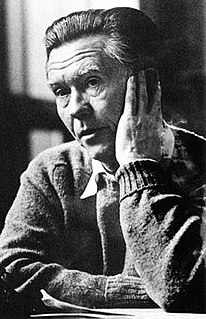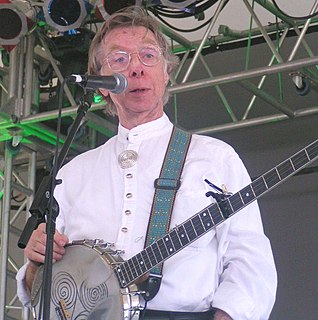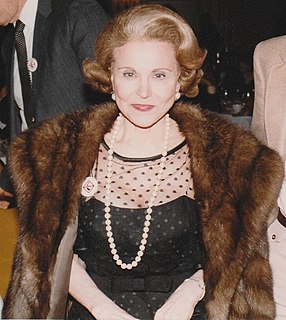A Quote by Rand Paul
You can't promulgate injustice without consequences.
Quote Topics
Related Quotes
Both morally and practically, segregation is to me a basic injustice. Since I believe it to be so, I must attempt to remove it. There are three ways in which one can deal with an injustice. (a) One can accept it without protest. (b) On can seek to avoid it. (c) One can resist the injustice non-violently. To accept it is to perpetuate it.
It is indeed a singular thing that people wish to pass laws to nullify the disagreeable consequences that the law of responsibility entails. Will they never realize that they do not eliminate these consequences but merely pass them along to other people? The result is one injustice the more and one moral the less.
Self-interest and mutual interest are inextricably linked. National interests can best be advanced through collective action, ... Calculate not just the human misery of the poor themselves. Calculate our loss: The aid, the lost opportunity to trade, the short-term consequences of the multiple conflicts; the long-term consequences on the attitude to the wealthy world of injustice and abject deprivation amongst the poor.
I wish my countrymen to consider that whatever the human law may be, neither an individual nor a nation can ever commit the leastact of injustice against the obscurest individual without having to pay the penalty for it. A government which deliberately enacts injustice, and persists in it, will at length even become the laughing-stock of the world.


































